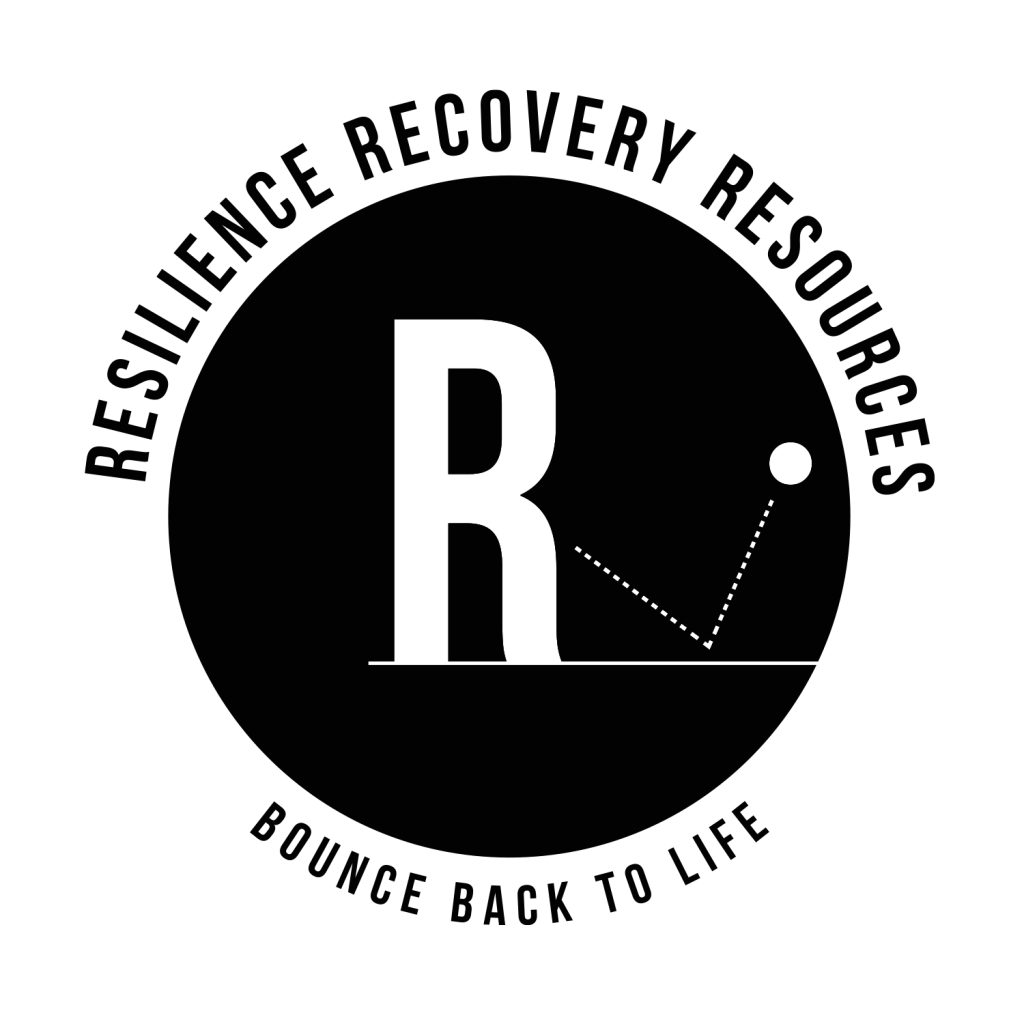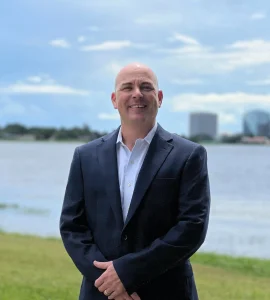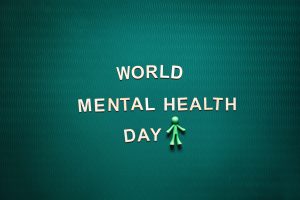Discovering that your child is using marijuana can be overwhelming, frightening, and confusing for any parent. You may feel a mix of emotions—anger, disappointment, fear, or even guilt—wondering where you went wrong or what you should have done differently. The truth is, marijuana use among adolescents and young adults has become increasingly common, and your response in this critical moment can significantly impact your child’s future relationship with substances and their willingness to seek help when needed.
At Resilience Recovery Resources in West Palm Beach, we understand the complexity of adolescent substance use and the challenges parents face when confronting this issue. Our experience working with young adult males struggling with addiction has taught us that early intervention, open communication, and professional support can make all the difference in preventing marijuana use from escalating into more serious substance abuse problems.
Understanding Marijuana Use in Adolescents and Young Adults
Before taking action, it’s important to understand why young people turn to marijuana. According to the National Institute on Drug Abuse (NIDA), marijuana remains the most commonly used illicit drug among teens and young adults.
Peer Pressure and Social Acceptance Many teens and young adults use marijuana because it’s become more socially acceptable and widely available. They may feel pressure to fit in with friends or believe that “everyone is doing it.”
Stress and Mental Health Issues Adolescents often use marijuana as a way to cope with stress, anxiety, depression, or other mental health challenges. The temporary relief it provides can make it seem like an attractive solution to overwhelming emotions.
Curiosity and Risk-Taking The adolescent brain is still developing, particularly the areas responsible for decision-making and impulse control. This natural developmental stage can lead to increased risk-taking behaviors, including experimenting with substances.
Self-Medication Some young people use marijuana to self-medicate underlying mental health conditions or co-occurring disorders. Research from the Substance Abuse and Mental Health Services Administration (SAMHSA) shows that individuals with mental health disorders are more likely to experience substance use disorders.
Recognizing the Warning Signs
Being able to identify the signs of marijuana use can help you address the issue before it escalates. Common indicators include:
Physical Signs:
- Red, bloodshot eyes or frequent use of eye drops
- Strong, distinct smell on clothing or in their room
- Changes in appetite, particularly increased hunger
- Altered sleep patterns
- Poor coordination or delayed reaction times
Behavioral Changes:
- Declining academic performance or attendance issues
- Loss of interest in previously enjoyed activities
- Changes in friend groups or secretive behavior about friends
- Increased need for privacy or defensiveness
- Memory problems or difficulty concentrating
Emotional and Social Signs:
- Mood swings or irritability when not using
- Withdrawal from family activities
- Increased conflicts at home or school
- Changes in motivation or energy levels
How to Respond When You Discover Marijuana Use
Your initial response can set the tone for all future conversations about substance use. Here’s how to approach this challenging situation:
Stay Calm and Choose the Right Time
Don’t confront your child when you’re angry or when they’re under the influence. Wait for a calm moment when you can have a private, uninterrupted conversation. Your goal is to open communication, not shut it down.
Approach with Empathy, Not Judgment
Lead with concern rather than accusation. Instead of saying “I can’t believe you’re doing drugs,” try “I’m worried about you and want to understand what’s going on.” This approach is more likely to result in honest communication.
Listen Before You Lecture
Give your child space to explain their perspective. Ask open-ended questions like:
- “What led you to try marijuana?”
- “How are you feeling about school/friends/life right now?”
- “Is there something you’re trying to cope with?”
Set Clear Expectations and Consequences
While being understanding, it’s important to establish clear boundaries. Explain your concerns about marijuana use, including potential legal, health, and academic consequences. Set specific, reasonable consequences for continued use while also outlining support you’re willing to provide.
Educate About the Risks
Share factual information about marijuana’s potential impact on developing brains. According to research published in the Journal of the American Medical Association, regular marijuana use during adolescence can affect brain development and lead to decreased IQ and cognitive function.
Understanding the Unique Risks for Adolescents
Marijuana affects developing brains differently than adult brains. The American Academy of Pediatrics emphasizes several key concerns:
Brain Development Impact The adolescent brain continues developing until around age 25. Regular marijuana use during this critical period can interfere with brain development, particularly in areas responsible for memory, learning, and decision-making.
Gateway Drug Concerns While not everyone who uses marijuana will progress to other substances, research shows that early marijuana use increases the risk of developing problems with other drugs and alcohol later in life.
Academic and Social Consequences Regular marijuana use can impact school performance, motivation, and social relationships. Students who use marijuana regularly are more likely to experience academic problems and have higher dropout rates.
When to Seek Professional Help
Sometimes, parental intervention alone isn’t enough. Consider seeking professional help if you notice:
- Continued use despite consequences
- Signs of depression or anxiety
- Escalation to other substances
- Significant changes in behavior, grades, or social groups
- Your child expresses feeling unable to stop using
- Trauma or other underlying mental health issues
At Resilience Recovery Resources, we specialize in helping adolescents and young adults overcome substance use challenges through our comprehensive treatment programs, including Intensive Outpatient Programs (IOP) and Partial Hospitalization Programs (PHP).
Prevention and Long-Term Strategies
Maintain Open Communication Create an environment where your child feels safe discussing difficult topics. Regular check-ins about their life, friends, and challenges can help you stay connected and identify problems early.
Address Underlying Issues If your child is using marijuana to cope with stress, anxiety, or other mental health issues, addressing these root causes is crucial. Professional counseling or therapy can provide healthier coping strategies.
Stay Involved and Engaged Know your child’s friends, whereabouts, and activities. While respecting their growing need for independence, maintaining appropriate supervision is important for prevention.
Model Healthy Behaviors Demonstrate healthy ways to cope with stress and difficult emotions. Your own relationship with substances sends a powerful message to your children.
Educate About Legal Consequences Even in states where marijuana is legal for adults, it remains illegal for minors. Help your child understand potential legal consequences, including impact on college applications, employment opportunities, and driving privileges.
Building a Support Network
Don’t navigate this challenge alone. Consider connecting with:
- School counselors or social workers
- Other parents facing similar challenges
- Support groups for families affected by substance use
- Mental health professionals specializing in adolescent issues
- Community resources and prevention programs
The National Suicide Prevention Lifeline (988) and SAMHSA’s National Helpline (1-800-662-4357) provide 24/7 support and can connect you with local resources.
Creating a Plan Moving Forward
Work with your child to develop a clear plan that includes:
Immediate Steps:
- Agreement to stop using marijuana
- Identification of triggers and high-risk situations
- Development of alternative coping strategies
- Regular check-ins and accountability measures
Long-Term Goals:
- Addressing any underlying mental health issues
- Rebuilding trust and communication
- Focusing on healthy activities and relationships
- Academic and personal goal-setting
The Importance of Professional Treatment
If your child’s marijuana use has become a pattern or is accompanied by other concerning behaviors, professional treatment may be necessary. At Resilience Recovery Resources, we understand that each young person’s journey is unique. Our evidence-based treatment approaches include:
- Individual and group therapy
- Family counseling and education
- Cognitive Behavioral Therapy (CBT)
- Trauma-informed care
- Sober living support when appropriate
Our team of experienced professionals works closely with families to develop personalized treatment plans that address both substance use and any co-occurring mental health conditions.
Moving Forward with Hope
Discovering that your child is using marijuana doesn’t mean they’re destined for a life of addiction or problems. With the right support, intervention, and professional help when needed, most young people can overcome early substance use and go on to lead healthy, successful lives.
Remember that addiction is not a moral failing—it’s a complex condition that often requires professional treatment. Early intervention and family support significantly improve outcomes for young people struggling with substance use.
Take Action Today
If you’re concerned about your child’s marijuana use or other substance abuse issues, don’t wait to seek help. Early intervention is key to preventing more serious problems from developing.
At Resilience Recovery Resources in West Palm Beach, we’re here to support you and your family through this challenging time. Our experienced team understands the unique needs of adolescents and young adults, and we’re committed to helping them build the skills and resilience needed for lasting recovery.
Contact us today to learn more about our treatment programs and how we can help your family:
Call: 561-566-5480
Don’t let marijuana use derail your child’s future. With the right support and intervention, recovery is possible, and brighter days lie ahead for your family.
If you or someone you know is struggling with substance abuse, help is available. Contact Resilience Recovery Resources at 561-566-5480 or visit our contact page to learn more about our comprehensive addiction treatment programs in West Palm Beach, Florida.




